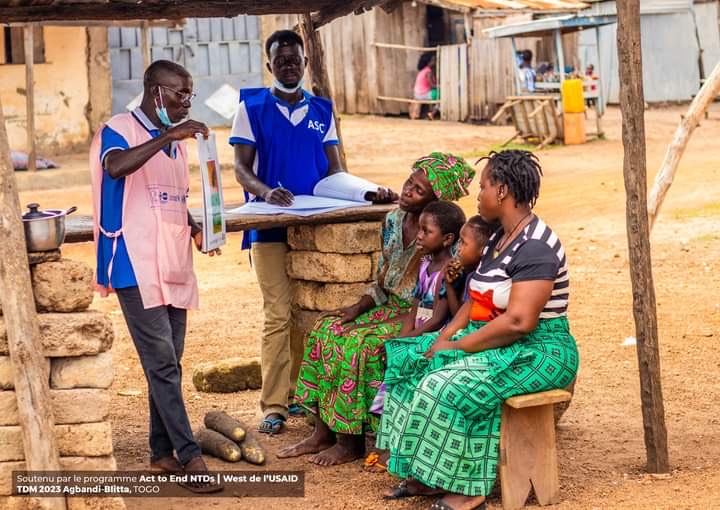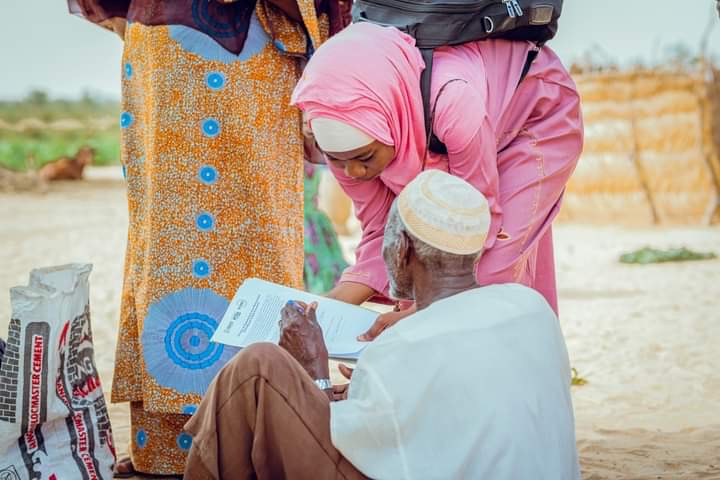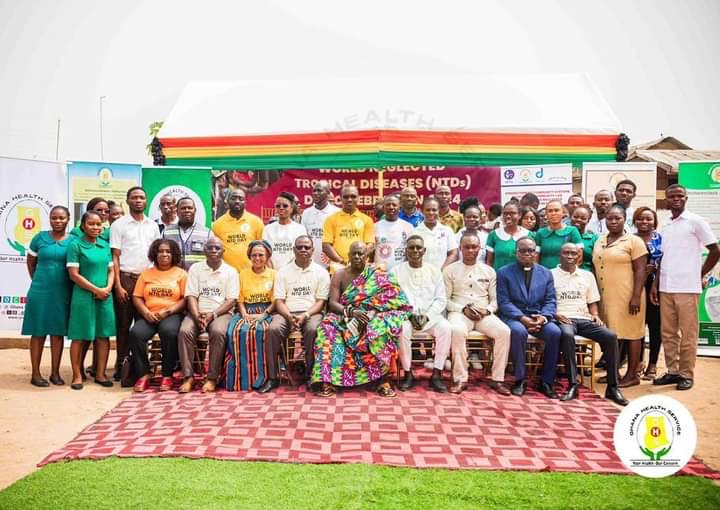The Ghana Health Service (GHS) together with the World Health Organization (WHO) has sensitized the public to the prevalence of some Neglected Tropical Diseases (NTDs) in the country.
The NTD Day, created in 2021 to be celebrated on January 30 every year, is to create better awareness of the devastating impact of NTDs on the poorest populations around the world.
The Director General of the Ghana Health Service Dr Patrick Kuma- Aboagye speaking at the World Neglected Tropical Diseases day celebration 2024 said diseases caused significant morbidity and mortality globally. According to him, the diseases cause blindness, disable or disfigure people and also affect the personal development of infected people.

He called for inter-sectoral collaboration to maximize resources and enhance the efficiency of NTD elimination interventions. He noted that for better integration of NTDs activities into the healthcare system, a primary healthcare approach was essential while maintaining close interaction between programmes to bring multiple health benefits to people in need.
The Medical Officer of Malaria and Vector-Borne Disease Control at the World Health Organisation Dr Sharmila Lareef commended the government of Ghana through the Health Ministry and the Ghana Health Service for not recording any case of Human African Trypanosomiasis since 2013.
Ms. Sharmila further indicated that there has been significant progress in the control and elimination of NTDs. As of December 2022, 47 countries had eliminated at least one NTD and many more countries were in the process of achieving this elimination target.
This led to the government submitting a dossier to the WHO for expert review. Subsequently, the country was finally validated as having eliminated the diseases in 2023.
Dr Hafiz Adam Taher who is the director of NTDs at the health ministry who represented the Health Minister Dr Kwaku Agyeman Manu highlighted major government efforts in fighting this communicable disease.

He charged parents to take their children to hospital for any suspected NTD symptoms to the hospital for early treatment instead of relying on prayers. Dr Hafiz Futher added that most of these diseases do not kill but produce debilitating effects, including severe disfigurement, disability, and blindness in patients.
He said preventing and controlling NTDs is central to ending extreme poverty and interventions currently include preventive chemotherapy, case management health education, and awareness creation.
The Director of Public at the Ghana Health Service (GHS), Dr.Franklin Asiedu Bekoe on his part added that Most of these diseases do not kill but produce debilitating effects, including severe disfigurement, disability, and blindness on patients.
He said preventing and controlling NTDs is central to ending extreme poverty and interventions currently include preventive chemotherapy, case management health education, and awareness creation.









